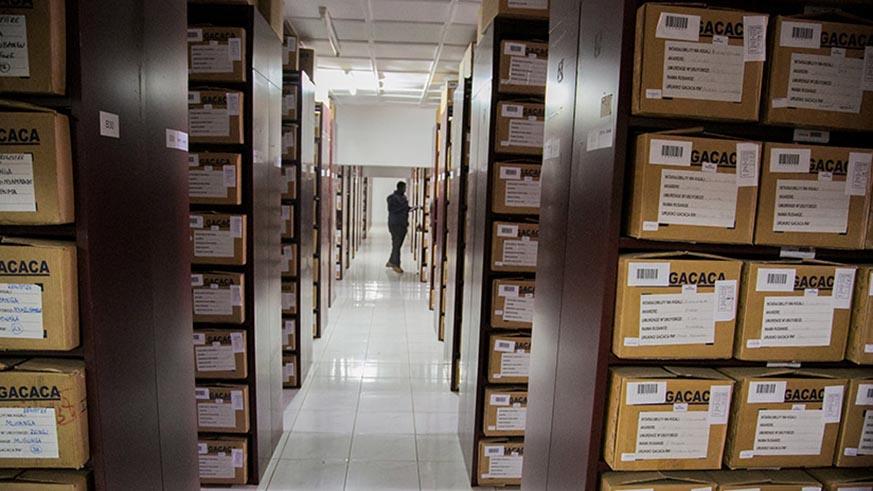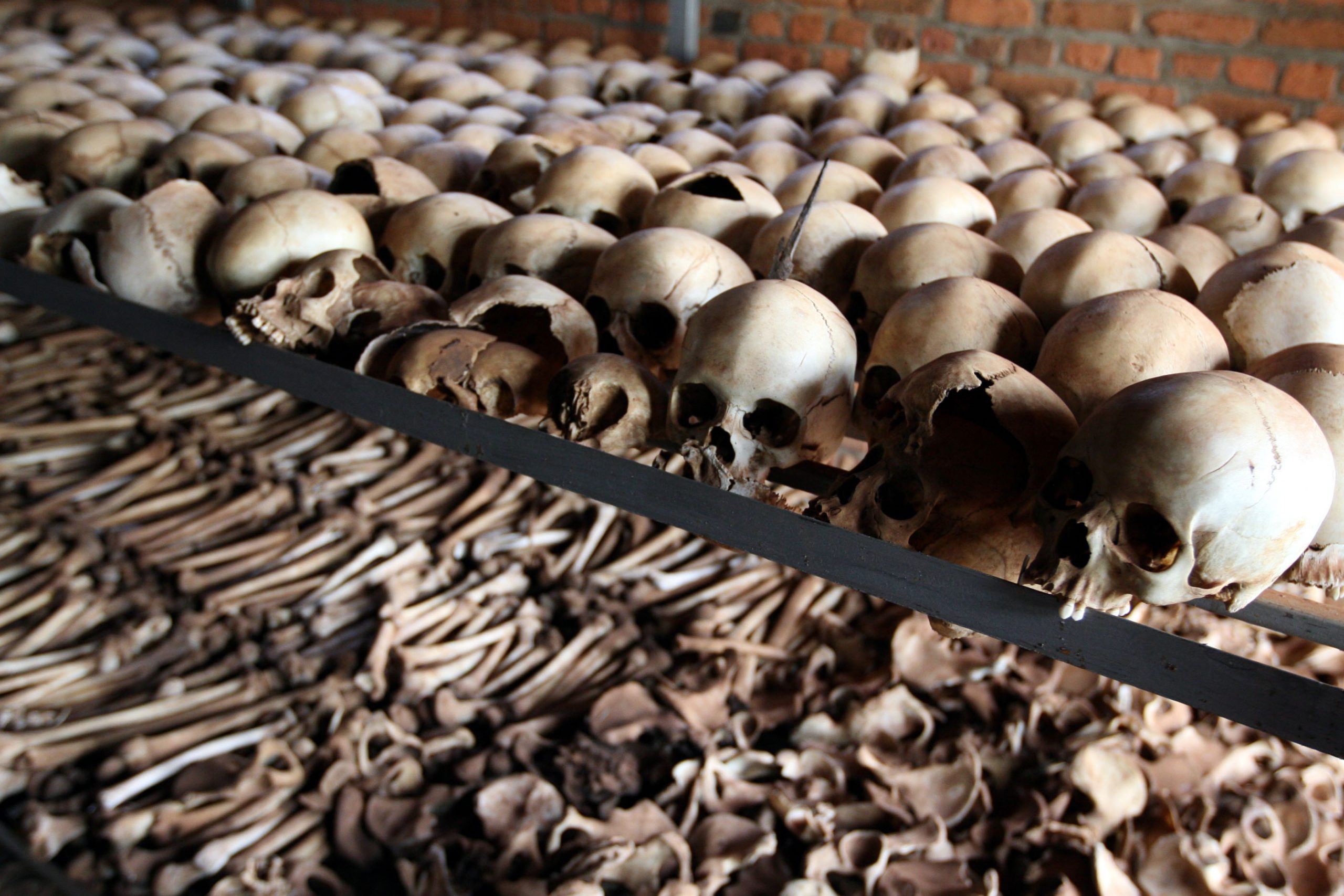International
US intentional vagueness on Genocide against the Tutsi an insult to survivors

Rwandans, especially
survivors of the 1994 genocide against
the Tutsi, were shocked by the so-called message of unity that US Secretary of
State Antony Blinken posted on X on April 7, a day when Rwanda started the 30th
Commemoration of the 1994 Genocide against the Tutsi.
“The United States stands with
the people of Rwanda during Kwibuka 30 in remembering the victims of genocide.
We mourn the many thousands of Tutsi, Hutu, Twa, and others whose lives were
lost during 100 days of unspeakable violence,” Blinken wrote, shamelessly.
It is regrettable to see world
politicians who are aware of Rwanda’s history, sending ‘messages’ like this,
which only hurt Genocide survivors.
Why would the US still be
pretending to not be aware of the targeted people during the Genocide, after 30
years? It is baffling, as much as it is cruel.
According to the 1948
Convention on the Prevention and Punishment of the Crime of Genocide, Genocide
means any act committed with intent to destroy, in whole or in part, a
national, ethnical, racial or religious group.
It was not groups, Mr Blinken!
Killing members of the group;
causing serious bodily or mental harm to members of the group; deliberately
inflicting on the group conditions of life calculated to bring about its
physical destruction in whole or in part; imposing measures intended to prevent
births within the group; and forcibly transferring children of the group to
another group.
Blinken is an educated public
servant. He is capable of understanding that every genocide target a particular
group not ‘groups’ as he wrote on X.
In Rwanda's case, the 1994
Genocide targeted the Tutsi, not the Hutu or the Twa. And the Genocide was
systematically planned for a period of time, before it was executed.
But, over the years,
politicians, such as Blinken have feigned ignorance on the matter.
No excuse can be given for
confusing or being mistaken about Rwanda’s history. It is intolerable.
“Rwandans will never
understand why any country would remain intentionally vague about who was
targeted in the genocide. I don’t understand that. Such ambiguity is, in fact,
a form of denial, which is a crime in and of itself, and Rwanda will always
challenge it,” President Paul Kagame said on April 7, as the nation mourned
over a million of its own people killed in the most barbaric ways, in 100 days.
Shielding genocidaires, who
are still on the run, from being tried, was not enough to hurt genocide
survivors. Now, pretending to not be aware of the victims of the 1994 Genocide
against the Tutsi, is psychological poison.
It is more than a crime. It is
a torture to genocide survivors, Rwandans in general.
Some Western countries,
including the US and UK, feel guilty of standing by and watching, idly, as the
1994 Genocide against the Tutsi was carried out.
These countries are aware that
on December 9, 1948, the UN approved a written international agreement known as
the Convention on the Prevention and Punishment of the Crime of Genocide;
establishing genocide as an international crime, which signatory nations
undertake to prevent and punish.
Being associated with genocide
is not only shameful but also a weakness.
This is the reason why some
Western countries opted to be vague about the 1994 Genocide against the Tutsi.
Referring to the Genocide as ‘civil war’, minimizes the seriousness of the
crime, as civil wars are everywhere around the world.
Blinken had understood it very
well when he posted on X, in July 2022, a message about the Holocaust
Remembrance, informing that his President, while in Yad Vashem, had “laid a
wreath to honor the memories of the six million Jewish people who were killed
during the Holocaust”, without feeling the need to add “Germans, Polish,
Catholics and others”.
This is how it should be for
all genocides, including the 1994 Genocide against the Tutsi in Rwanda.
Historically, genocide is the
most serious crime against humanity.
By referring to the 1994
against the Tutsi as ‘civil war’, adding that victims were Tutsi, Hutu, and
Twa, the US government is trying to cover up for its irresponsibility, trying
to show that they were not supposed to do anything to save innocent lives.
But this agenda will never
win. Genocide survivors and witnesses will tell the world what really happened,
showing well-documented evidence.
Preventing genocide, the other
major obligation of the 1948 UN convention, remains a challenge that nations,
institutions, and individuals continue to face.
But failing to comply with the
obligation should not be the excuse for turning the victims into perpetrators;
or revisionism in anyway.
On April 7, 2021, during the
21st commemoration of the 1994 Genocide, Rwanda's Minister of Foreign Affairs
Dr Vincent Biruta told people who are still struggling to properly name the
1994 Genocide against the Tutsi that “it is better to not send us any message
today.
"We will be okay, as we
have always been.”







.jpeg-20230411051445000000.jpeg)
